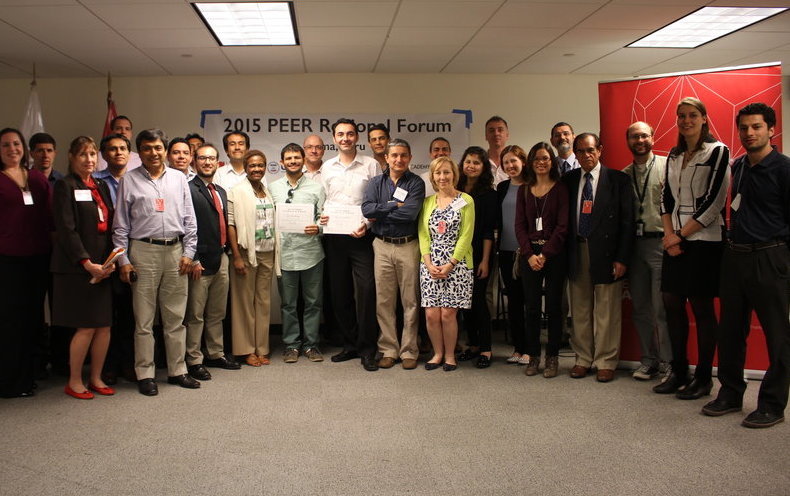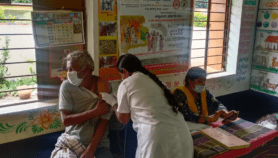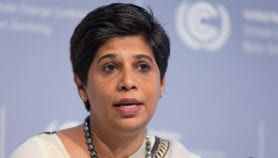By: Juan Casasbuenas
Send to a friend
The details you provide on this page will not be used to send unsolicited email, and will not be sold to a 3rd party. See privacy policy.
“Who likes chocolate? And who likes orangutans?”
This was the opening hook to a three minute presentation delivered by Rodrigo Medeiros, the vice president of Conservation International Brazil. I was engrossed as Medeiros went on to explain how palm oil plantations, orangutan conservation, our love of chocolate, and sustainable development are all inextricably intertwined.
Medeiros’ was one of many short and engaging presentations delivered during a regional science symposium in Lima, Peru, convened by the US Agency for International development (USAID), which I attended this month (22-25 March). Nearly 50 Latin American scientists and engineers were present, all of them involved in USAID’s Partnerships for Enhanced Engagement in Research programme, which, among other things, aims to help train developing world researchers in communication and foster academic collaboration.
It’s surely essential to consider skills such as negotiation and political know-how when thinking about how to improve communication of science.
Juan Casasbuenas
During the event, I facilitated a panel on how researchers can communicate effectively with policy makers. In the introduction to the panel, I stressed the importance of communicating research in a clear and engaging way; but once the panel got underway it was all too evident that charisma, clarity and conciseness will only get you so far.
The panellists highlighted the importance of political nous and artful negotiation in getting research prioritised and funded.
For example, Julio Eduardo Cañón, an associate professor at the Universidad de Antioquia in Colombia described how sometimes researchers have to ensure they allay policy makers’ fears about their reputations being hurt if they decide to support your research. This was particularly relevant for research rife with uncertainty like Cañón’s, where computer simulations are used to predict climate patterns.
Eduardo David Sagredo Robles, vice rector of Science and Technology at the Universidad Tecnológica de Santiago in the Dominican Republic explained that some countries have “cultura cero”, zero culture, of research — so focusing on real-world deliverables rather than the science for its own sake is sensible.
My morale dropped in another session as a researcher described the pressure of the ‘publish or perish’ culture, and how he asked his supervisor for less teaching time in order to focus on his research. The supervisor, essentially ignoring the request, responded with an offer of additional responsibility for a ‘new exciting opportunity’ involving the same teaching burden but a heavier work load; stressing that the researcher in question was the only person who could take it on.
This scenario was all too typical among the experiences of researchers hailing from all over Latin America. Luckily Geri Richmond, president of the American Association for the Advancement of Science, supplied valuable advice on how to manage these all-too-common battles.
Her advice was to identify your negotiables — paper authorship, equipment, office space, research budget, expertise and so on — and use them to strengthen your position. Figure out what negotiation style the other person has and adapt to it. Calmly stand your ground. Listen patiently and quietly. Keep the other person guessing.
I left that session with the impression that researchers have to cope with extensive and varied demands. Given that, it’s surely essential to consider skills such as negotiation and political know-how when thinking about how to improve communication of science.














